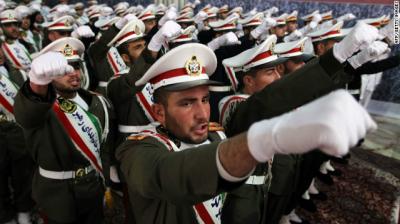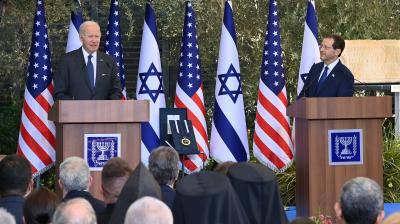Lost in transition: The Muslim Brotherhood in 2022
Hamstrung by decades of repression, mistrust and a lack of governance experience, Muslim Brotherhood-linked parties were ultimately unable to navigate the post-2011 tensions between the need to deliver on the popular demands of the Arab uprisings and maintain ideological coherence. Similarly, they struggled to retain their revolutionary credentials and at the same time compromise with ruling elites in order to govern. While this was always a tall order, the consequence has been that decline and crisis followed the organisation’s initial ascent between 2011 and 2013. The Muslim Brotherhood gradually lost its ideological influence over parties it had inspired following the 2013 military takeover against Mohamed Morsi in Egypt. From this year onwards, growing repression, marginalisation and factionalism accelerated the movement’s decline. The arrest and exile of leading Muslim Brotherhood individuals created a leadership void and opened up space for internal strife. Today, the Muslim Brotherhood is a shadow of its former self and in crisis. In parallel to the decline of the Muslim Brotherhood, the legitimacy and relevance of jihadism, political Salafism and Iran’s model of religious rule also appear to have weakened, respectively due to the ‘defeat’ of Islamic State, Saudi modernisation and the poor to mediocre governance provided by Tehran’s partners. This raises the question what major religiously inspired sources of political renewal and mobilisation remain across the Middle East and North Africa that are capable of offering credible prospects for better governance.
Download policy brief.
Follow @philoteo and @Clingendaelorg on Twitter.







